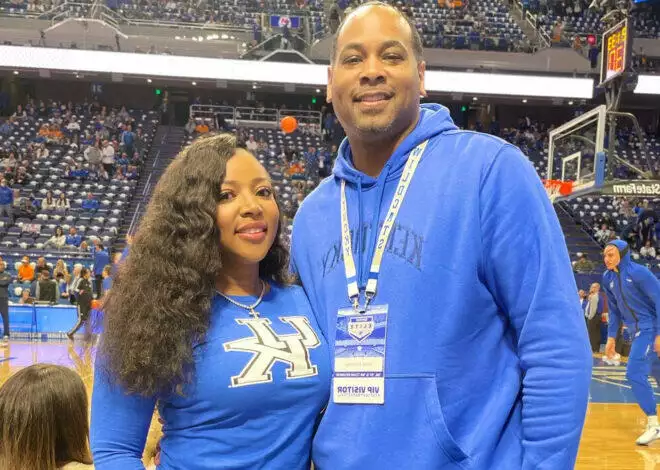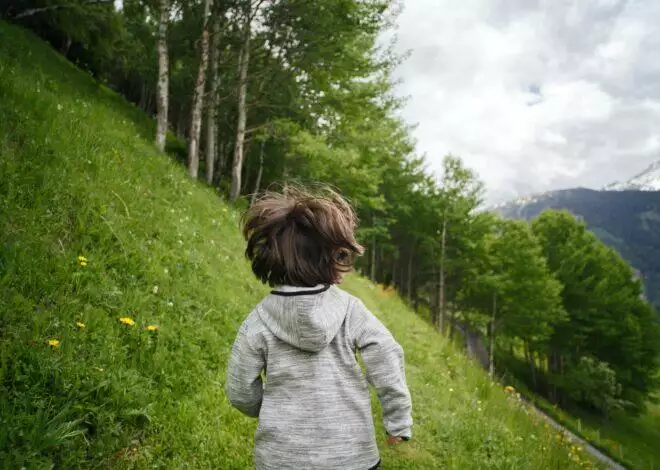The threats we face as a nation are real, but they shouldn’t be paralyzing. For too long, those like me in the security world have done much to get you worried — ISIS, Zika, random gun violence, hurricanes, oh my . . . – but not much to get you ready. We’ve managed to talk about risk in a way that makes people tune out or freak out. And our kids are absorbing information about the world in ways that can cause fear and unease.
As someone who has been a leader in homeland security for decades and a mother of three kids, I know the most essential question is: how do I keep my family safer? Solving radical Islam or climate change isn’t exactly on my immediate “to do” list with dental appointments and after school signups. But instead of simply focusing and fretting on all the things that can go bad, it takes just a few hours to actually prepare for when something just might. Everyday, as parents, we plan and pivot and respond to manage our families and homes and get to the next day. It takes just a little ramping up, but the same skills are useful for the homeland too.
1) BE THE BOSS: The greatest indicator of a child’s sense of well-being is a parent’s sense of well being. How you act and respond to what is going on in the world will be absorbed by your children, but they don’t necessarily have the maturity or skills to put it all in perspective. You are their role model. Keep your calm, and they will better carry on.
2) TALK IT OUT: I am often asked how to talk to kids about the news from bombs in Turkey to shootings in suburban schools. There is admittedly no single right way. Age and maturity level are relevant, of course, but in this interconnected world, your kids likely know more than you want and sooner than you might realize. Engage them and measure their fears; discuss all the things you are doing to keep them safer (see below); and remind them that while there are some bad people, there are so many more good people. Don’t say things like “yeah, I know, the whole world is going to hell in a hand basket.” It doesn’t help.
3) GET SHOPPING: Of all the crap you buy on a regular basis, it doesn’t take much more effort to get your home ready should something happen that disrupts your community. A prepared home goes further than anything else in empowering you to know you got your bases covered, and letting the kids know that you’ve done something. Emergency managers like to remind people to buy for three days: “72 on you.” That may be a lot, so get started with a day at least. This list will get you pretty far: water, non-perishable food, flashlights and batteries, candles and matches, a first aid kit, special medications or glasses, infant formula and diapers, pet food (don’t forget Fido!), and hand and body sanitizers. I’ve shopped this list several times; excluding travel time, I’m in and out of Walmart in less than an hour. And make it personal for your comfort: we have spare vodka and Red Vines as well.
4) GET SAVING: I keep a couple hundred dollars in the house should I need it if connectivity or electricity fall apart. This may sound crazy, but you never know and since you never know, I want cold hard cash. Reminder that the stash cannot be used for pizza delivery. Also better not to tell the kids where it is. Trust me on that one.
5) BACK IT UP: Most people have copies of important documents like birth certificates, social security cards, passports, insurance and medical information. Those copies, however, should not be next to or in the vicinity of the originals. It defeats the purpose. Mail a set out of state; take pictures and store them in a secure cloud-based storage company. A simple “to do” but one that will relieve a lot of headache.
6) FIRE DRILL: Beyond talking to your kids about the risks they could face, plan your expectations should something go awry. Most kids are pretty practical; they get bike helmets and seat belts. Let them know what you have done to prepare the house and the family. Show them you have grip. And, for older kids, talk through what they should do, and where they might go, if cell service is down. Home should be home base, if at all practical.
7) LIVE YOUR LIFE: Our homeland security, for all its flaws, is pretty basic. It is about minimizing risks, maximizing defenses, and maintaining our spirit. No system of security, or parenting, is going to reduce the risk to zero and, truth be told, we wouldn’t want it that way. Remind your kids of the benefits of their engagement in the world: the travel and visits to grandparents or Disneyworld; the baseball game or Taylor Swift concert; that iphone.
I know you may be thinking “I can’t possibly do this, it’s too nerve wracking.” But, what is the alternative? You can wish for a world with unicorns and tinker bells, but our kids will be more engaged and ready if you also acknowledge what they might do when that world doesn’t materialize. Get some grip, then they will too.
Juliette Kayyem is a professor at Harvard’s Kennedy School, a former assistant secretary of Homeland Security in the Obama administration and founder of Kayyem Solutions, a security consulting firm. She is the host of the “Security Mom” podcast and author of a book, “Security Mom: An Unclassified Guide to Protecting Our Homeland and Your Home.”





